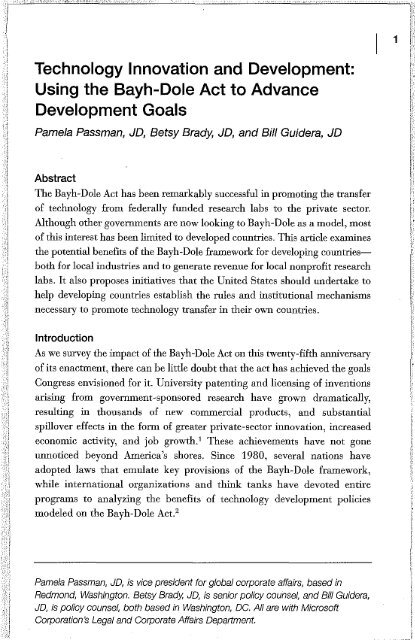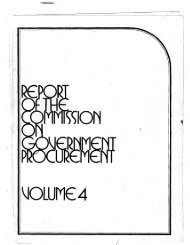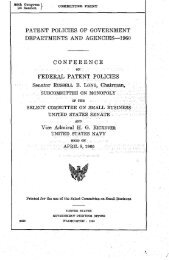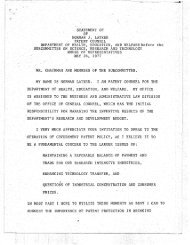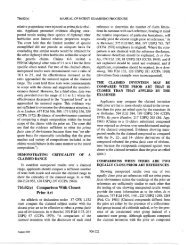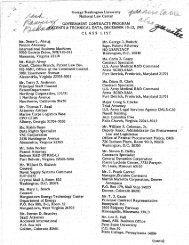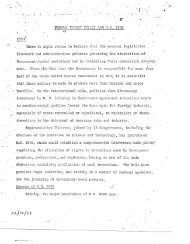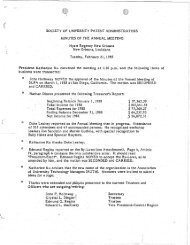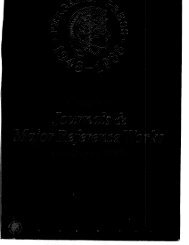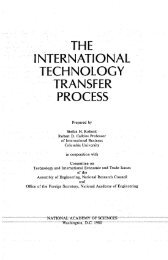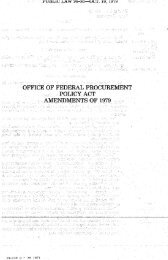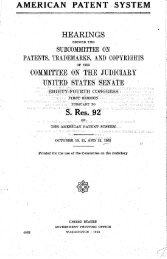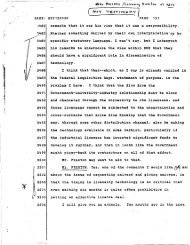~Iri,n - Bayhdolecentral
~Iri,n - Bayhdolecentral
~Iri,n - Bayhdolecentral
You also want an ePaper? Increase the reach of your titles
YUMPU automatically turns print PDFs into web optimized ePapers that Google loves.
Technology Innovation and Development:<br />
Using the Bayh-Dole Act to Advance<br />
Development Goals<br />
Pamela Passman, JD, Betsy Brady, JD, and Bill GUidera, JD<br />
Abstract<br />
The Bayh-Dole Act has been remarkably successful in promoting the transfer<br />
of teclmology from federally funded research labs to the private sector.<br />
Although other governments are now looking to Bayh-Dole as a model, most<br />
of this interest has been limited to developed conntries. This article examines<br />
the potential benefits of the Bayh-Dole framework for developing countries<br />
both for local industries and to generate revenue for local nonprofit research<br />
labs. It also proposes initiatives that the United States should undertake to<br />
help developing countries establish the rules and institutional mechanisms<br />
necessary to promote teclmology transfer in their own countries.<br />
Introduction<br />
As we survey the impact of the Bayh-Dole Act on this twenty-fifth anniversary<br />
of its enactment, there can be little doubt that the act has achieved the goals<br />
Congress envisioned for it. University patenting and licensing of inventions<br />
arising from government-sponsored research have grown dramatically,<br />
resulting in thousands of new commercial products, and substantial<br />
spillover effects in the fonn of greater private-sector innovation, increased<br />
economic activity, and job growth.' These achievements have not gone<br />
unnoticed beyond America's shores. Since 1980, several nations have<br />
adopted laws that emulate key provisions of the Bayh-Dole framework,<br />
while international organizations and think tanks have devoted entire<br />
programs to analyzing the benefits of teclmology development policies<br />
modeled on the Bayh-Dole Act.'<br />
Pamela Passman, JD, Is vice president for global corporate affairs, based in<br />
Redmond, Washington. Betsy Brady, JD, is senior policy counsel, and Bill Guidera,<br />
JD, is policy counsel, both based in Washington, DC. All are with Microsoft<br />
Corporation's Legal and Corporate Affairs Department.<br />
1


